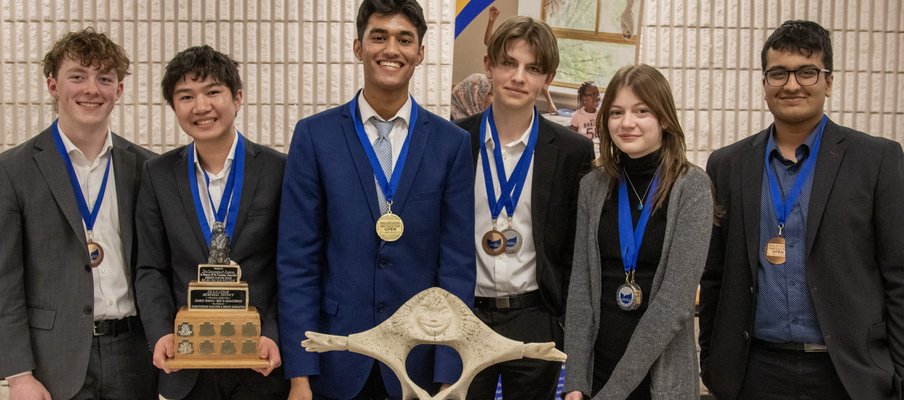
Shaping open minds through debate helps youth explore new perspectives
In a world filled with different opinions, learning to see from someone else’s perspective has never been more important. That’s exactly what the Saskatchewan Elocution and Debate Association (SEDA) is helping young people do — one conversation and one open mind at a time.
Fiseko Musonda, executive director, SEDA, says engaging in debate is an innovative way to develop critical thinking skills and the ability to have difficult conversations. “It truly forces you to evaluate and confront why you think about things the way that you do, or how certain positions come about and also forces you to inhabit a different space when you’re participating in that debate,” Musonda says.
Now more than ever, she adds, the essential skills that debate develops are necessary for youth.
“In contemporary society, critical thinking skills are very valuable, especially with the overwhelming amount of information that’s always coming our way. That skill equips youth with a way to handle that,” she says. “It teaches them to take a second and take a deep breath, pause, wait, and then ask, ‘where is this information coming from? Why is the story framed in this way? Who’s benefiting from it? Who’s being harmed? Maybe I need to investigate a little bit more.’”
Since 1974, SEDA has been empowering youth from grades five to 12 across Saskatchewan with the tools and the confidence to engage in reasoned discourse through debate and public speaking classes, as well as running workshops and tournaments across Saskatchewan.
Musonda says that debate provides a non-threatening way for youth to become comfortable with ambiguity, contradictions, or being in a space where you may disagree with someone, but still seek to understand.
“When debaters are forced to inhabit a space they don’t typically take, or an approach they don’t necessarily agree with, they learn to sit with that discovery,” she says. “They learn that we can disagree peacefully. They figure out how to respond and react rationally, even when confronted with strong emotions.”
That discomfort, Musonda says, indicates not only a change in perspective is coming, but also signals important realizations that contribute to the development of empathy. She believes that feeling discomfort is necessary for change.
“If you’ve never experienced discomfort, it means you’ve been comfortable this entire time, while someone else has been uncomfortable. So when you do feel discomfort, it might be the moment when someone else is finally feeling at ease,” Musonda says.
The Saskatchewan Elocution and Debate Association receives Annual Global Funding from the Sask Lotteries Trust Fund for Sport, Culture and Recreation.


 Engage - Volume 15, Issue 2, Spring 2025
Engage - Volume 15, Issue 2, Spring 2025